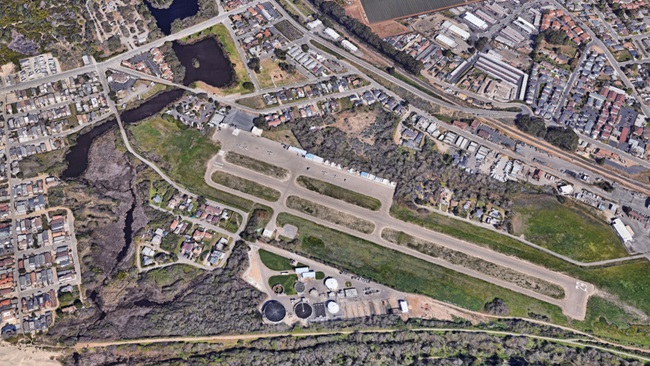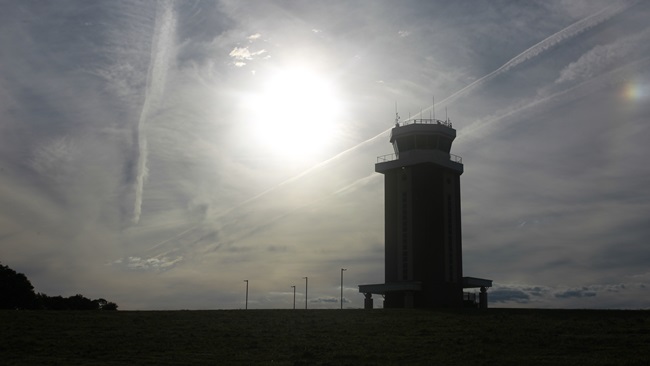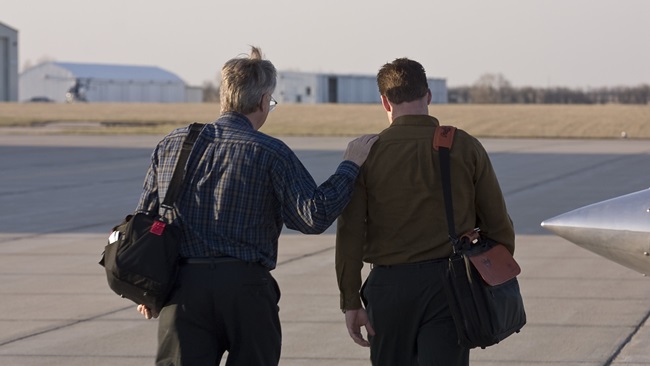Pilots are already on the lookout for pop-up temporary flight restrictions approved by the FAA, but recent attempts by other government entities, local municipalities, and private land owners to create their own airspace restrictions could create a patchwork of restrictions that would make it impossible for pilots to comply.
In December, the National Oceanic and Atmospheric Administration proposed restricting airspace over certain marine wildlife sanctuaries. But more recently, a private landowner in California has sued balloonists and fixed-wing aircraft operators for flying over his olive farm, effectively creating restricted airspace by imposing fear of a suit on pilots.
AOPA has reached out to the FAA and gone on record stating that the agency must get involved in all issues in which another entity other than the FAA is trying to restrict airspace.
“The FAA has sole jurisdiction over airspace matters,” said Heidi Williams, AOPA senior director of airspace and modernization. “If anyone other than the FAA attempts to regulate the nation’s airspace, it will create a patchwork of airspace regulations that pilots will be unable to stay on top of or potentially avoid.”
This isn’t the first time entities outside the FAA have tried to restrict airspace and circumvent the aviation rulemaking process.
In 2004, AOPA got involved when a group of Massachusetts pilots faced lawsuits for aerobatic flying. A local group, Stop the Noise, wanted to prohibit flight over their homes. In 2007, the association worked with the California Fish and Game Commission to prevent proposed flight restrictions over ecological reserves. A New York town proposed an ordinance in 2007 to restrict overflight of their city—and impose criminal penalties for violating the airspace.
“In every case, AOPA reminded the parties involved that only the FAA can restrict airspace,” Williams said. “If the power to establish airspace restrictions were opened to multiple government agencies or private citizens, the entire National Airspace System would likely be restricted.
“The FAA must step in early in these cases to assert its authority in airspace matters. AOPA will continue to bring these issues to the attention of the FAA and encourage the agency to quell these movements.”


